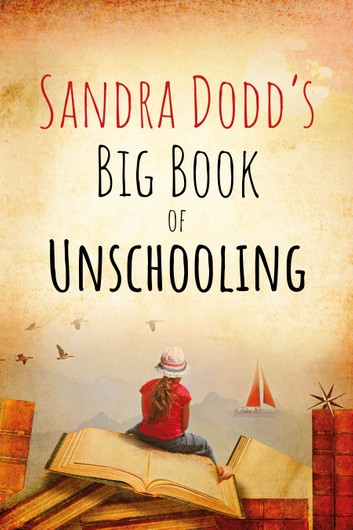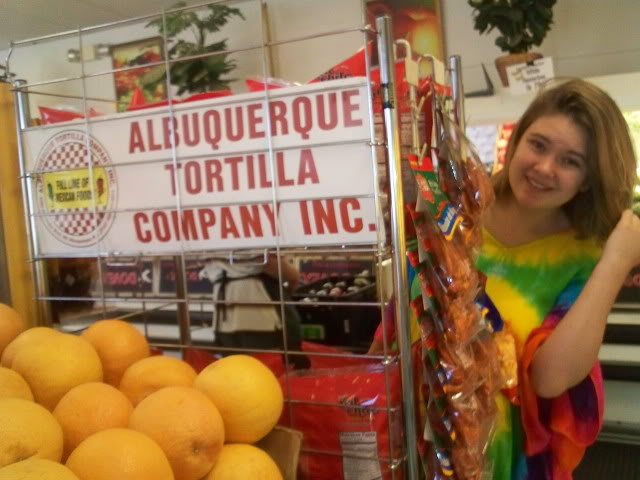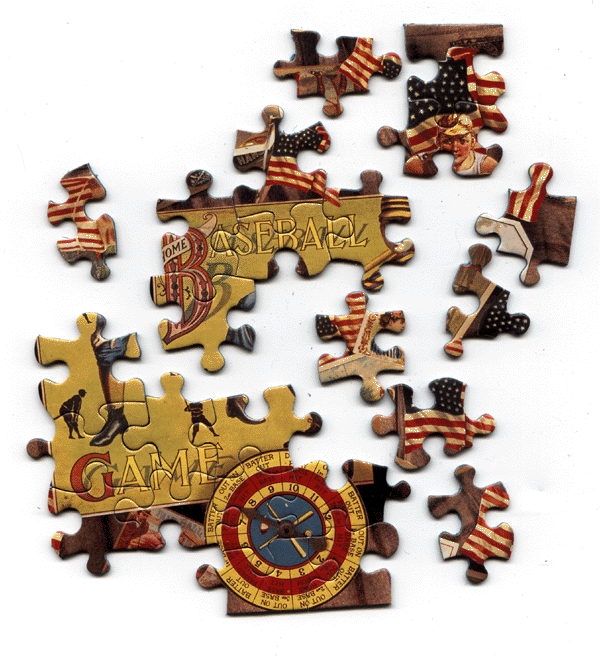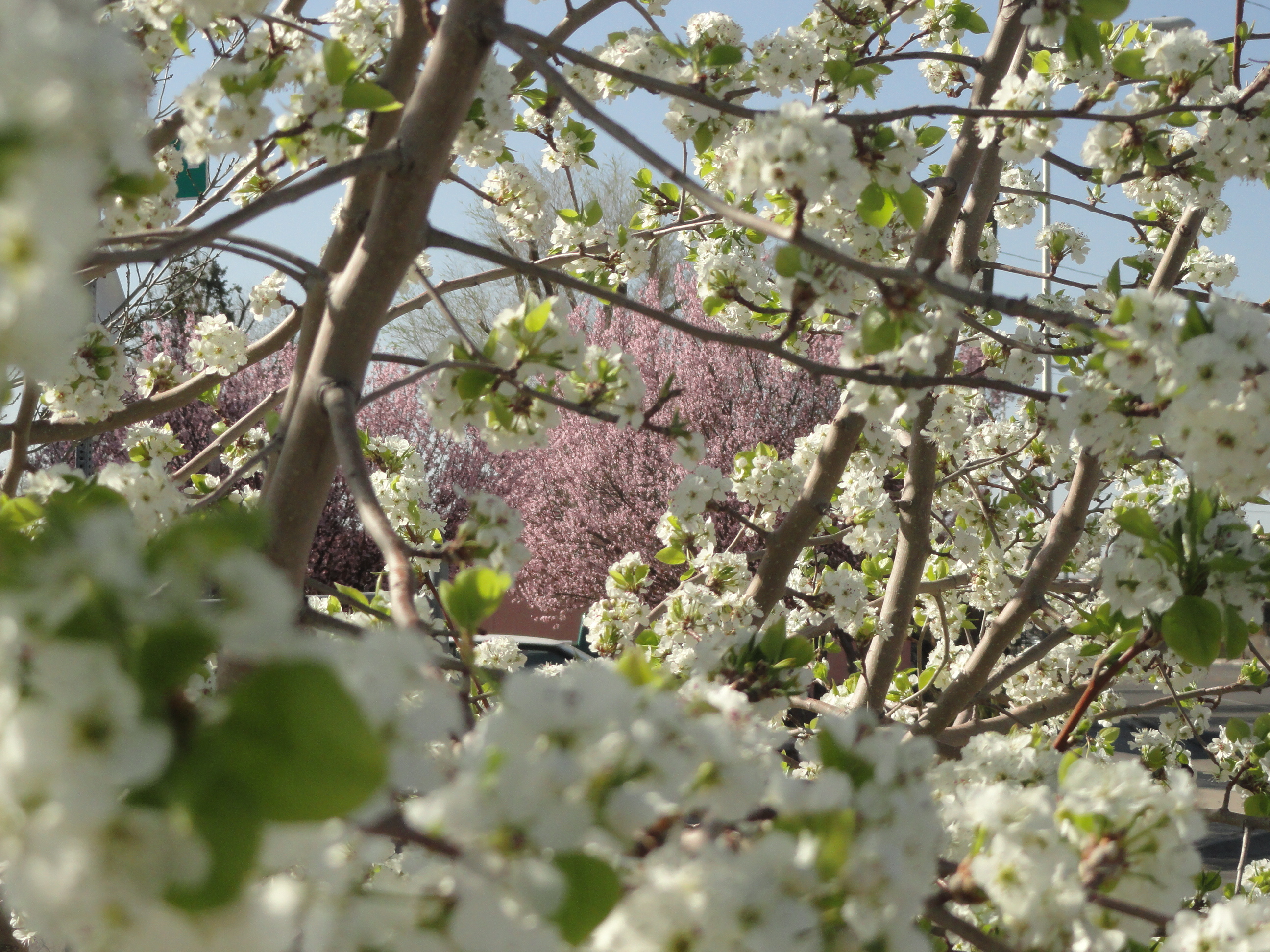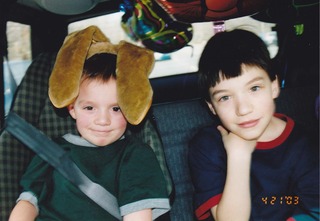For many families, this can be a time of stress and love and joy and exhaustion and fear of failure, concerning procurement and presentation of food or presents.
Remember intangible gifts. Remember to be kind and quiet and sweet, around and through the sound and swirl. Be grateful and express your gratitude to others, for help, for health, for being, for smiles, and for love. Touch and speak gently.
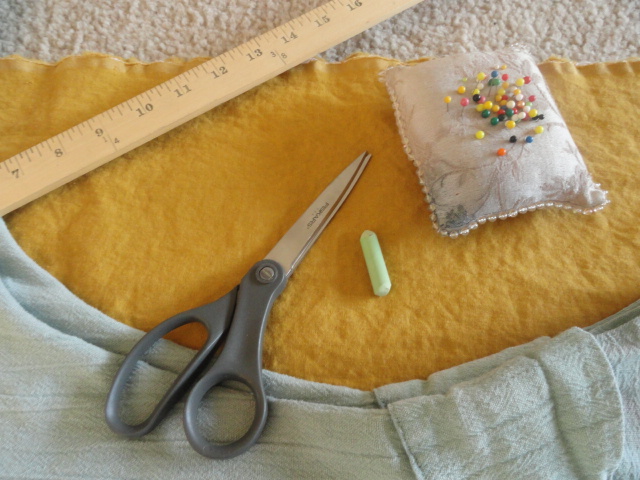
I'm grateful that I can leave my sewing supplies out, because we have no babies or toddlers in our home these days who could be wounded by pins or scissors. That might seem too small a joy, but for many years I couldn't start sewing projects I couldn't finish before babies awoke.
But maybe you need "a real gift" and you're out of ideas. Here's something I wrote a dozen years ago, when my children were... a dozen years younger (12, 9 and 7):
"Some people are just not cut out to cruise the Barbie aisles. Luckily there are alternatives and you were probably going there anyway. There are fine educational toys to be found at the hardware store, sporting goods store, auto parts store, and even grocery stores, but people usually go there with a mission and forget to browse."
There is more at: SandraDodd.com/gifts
photo by Sandra Dodd
__
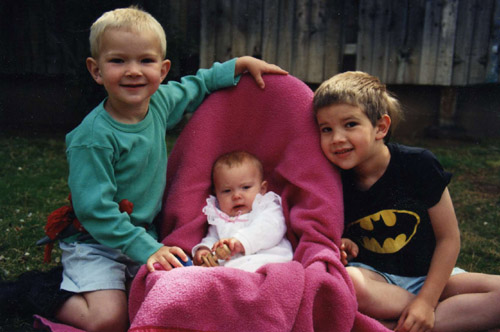

 From a note that came in today from the mom of a toddler:
From a note that came in today from the mom of a toddler: